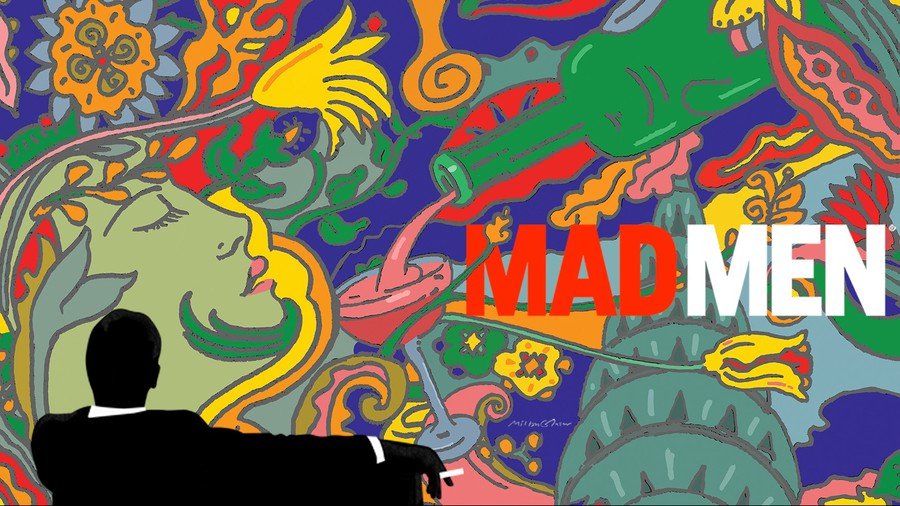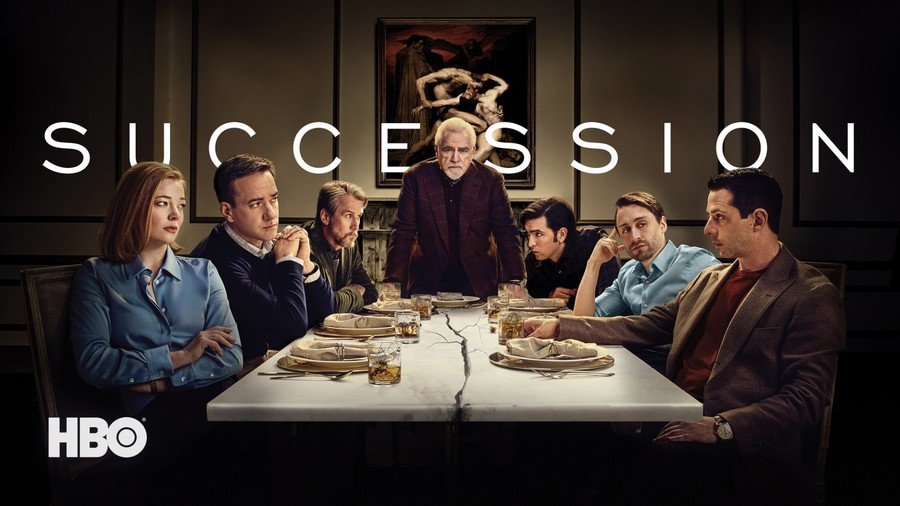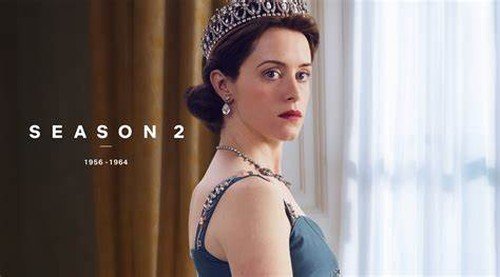Just a coincidence?
Since 2000, every series that has received an Emmy for "Best Drama Series" has been a serialized drama (where episodes are interconnected). Is there a reason for this pattern, or is it just a coincidence?
Here, we will explore why each series was awarded and what they have in common, besides their quality.
Winners Since 2000
Breaking Bad

Breaking Bad (2008-2013) is a masterpiece of rising tension and character development, besides being an obsession for many in 2013. The series tells the story of Walter White, a chemistry teacher who becomes a meth manufacturer after being diagnosed with terminal cancer.
White's gradual transformation from an ordinary man to a criminal is depicted with a psychological depth rarely found in other works. The series was praised for its script, direction, and performances, especially by Bryan Cranston and Aaron Paul. Breaking Bad won the Emmy for Best Drama Series in 2013 and 2014.
Mad Men

Mad Men (2007-2015) stood out for its authentic portrayal of the 1960s, focusing on the highs and lows of New York's advertising executives. The series explores themes like identity, gender, family, and morality, with meticulous historical detail and a complex cast of characters.
Jon Hamm's performance as Don Draper was particularly acclaimed, as was the series' visual style and incisive social commentary. Mad Men won the Emmy for Best Drama Series four consecutive times, from 2008 to 2011.
Homeland

Homeland (2011-2020) tackles themes of terrorism, national security, and espionage with a tense and unpredictable narrative. Claire Danes stars as Carrie Mathison, a bipolar CIA agent whose determination to protect her country leads to deep ethical and personal dilemmas.
The series was praised for its complex plot, powerful performances, and exploration of contemporary security and morality issues. Homeland won the Emmy for Best Drama Series in 2012.
Game of Thrones

Game of Thrones (2011-2019) redefined television with its vast scale, high production quality, and intricate storytelling. Adapted from George R.R. Martin's A Song of Ice and Fire series, the show is known for its unpredictable plot, complex characters, and willingness to kill off protagonists, sometimes several in a single episode.
The series tackled themes of power, betrayal, honor, and family and was acclaimed for its special effects, settings, and ability to weave multiple storylines cohesively. Game of Thrones won the Emmy for Best Drama Series four times, in 2015, 2016, 2018, and 2019, despite fan backlash over its ending.
Succession

Succession (2018-2023) offers an acerbic and cynical look at power and family dynamics, with a touch of humor. The series follows the Roy family, owners of a global media empire, as they fight for control of the company amid the patriarch's declining health.
The series was acclaimed for its sharp writing, exceptional performances, and brutal exploration of themes like power, wealth, and family loyalty. Succession won the Emmy for Best Drama Series in 2020, 2022, and 2023.
The Sopranos

The Sopranos (1999-2007) is often cited as one of the greatest series of all time. The show follows Tony Soprano, a mob boss trying to balance his family life with organized crime. The series was revolutionary in its approach to psychological themes, particularly through Tony's therapy sessions.
The Sopranos are praised for its character depth, innovative storytelling, and ability to humanize figures from the underworld. The Sopranos won the Emmy for Best Drama Series in 2004 and 2007.
Lost

Lost (2004-2010) blended drama, mystery, and science fiction in an unprecedented way. The series follows the survivors of a plane crash on a mysterious island, where supernatural events challenge their understanding of the world (and my understanding of the series).
Lost was recognized for its complex narrative, character development, and ability to maintain suspense and viewer curiosity. Lost won the Emmy for Best Drama Series in 2005.
The Handmaid’s Tale

The Handmaid’s Tale (2017-present) is an adaptation of Margaret Atwood's novel and sparked considerable controversy and discussion upon its release. The series is set in a dystopian future where women are subjugated and used as reproductive servants.
Elisabeth Moss's performance as June/Offred was widely praised, along with the direction, cinematography, and social relevance of the series. It's bold narrative and critique of gender and human rights issues were significant strengths. The Handmaid’s Tale won the Emmy for Best Drama Series in 2017.
The Crown

The Crown (2016-2023) offers an intimate and detailed look at the reign of Queen Elizabeth II. The series is known for it's lavish production, historical accuracy (in storyline, setting, and costume), and powerful performances, especially by Claire Foy and Olivia Colman.
The Crown explores the personal and political challenges faced by the British monarchy, highlighting the tension between public duty and private life. The Crown won the Emmy for Best Drama Series in 2021.
Conclusion
The secret of the series that won the Emmy for Best Drama Series since 2000 seems to lie in their ability to offer complex narratives, deep characters, and relevant themes. It’s expected that works of the supposed highest quality have these traits as the bare minimum. However, this is where they differentiate - these series not only entertain, but also provoke reflection on social, psychological, and political issues.
The combination of well-crafted scripts, competent direction, and exceptional performances creates works that resonate deeply with both the audience and critics. By being provocative, touching on various complex or delicate issues, and possessing immense quality, these series have become unforgettable.
But what about you? If these series had to be organized by some criterion, which one would you use? Which one is your favorite? Leave your opinion in the comments!













— コメント 0
, 反応 1
最初にコメントする